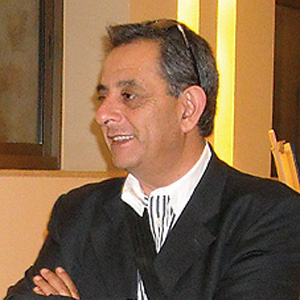What’s in a Name?
The assault on Palestinian identity is real. Almost unanimously, Palestinians view the appropriation of what they consider to be core cultural symbols or icons, such as Palestinian embroidery, the olive tree, and yes, falafel, as theft of their culture and an infringement on their cultural identity. The attack on Palestinian identity doesn’t stop there, in fact. Part of the Zionist offensive includes a narrative that actually questions the very origins of Palestinians, clearly hoping to paint them as a bunch of nomads who happen to be living in this land almost by a freak accident or at best as a forgotten people who were part of Greater Syria. Naturally, not all Israelis view Palestinians as such, but I dare say that there is a sizeable portion of Israeli society that does.
Palestinians naturally become defensive when confronted with this view, and then they go on the offensive with arguments, some logical and objective and some over the top, leading one to believe that the Palestinian identity, as it exists now, is age-old; in existence almost since God created the world! Silly, I know, but such people do exist; in the same way as some Israelis believe that they’re God’s gift to the human race!
As real as any national, even cultural identity is, it is surely the outcome of a process of evolution over the course of history. In fact, there was no American national or cultural identity in the 1500s. And until the beginning of the 1900s, there were no national identities of loads of countries, such as the Kingdom of Saudi Arabia (KSA), the Ivory Coast, or even Luxembourg. Closer to home, I assure you, there was no such a thing as an Israeli national identity prior to 1948, nor even an Israeli cultural identity. There was no Israel, for crying out loud! But the KSA, the Ivory Coast, and Israel (whether we like it or not!) were formed, and with time, they developed both a national and a cultural identity.
My point is that it is irrelevant how such identities came into being. It is enough for Palestinians to claim that they have always lived in this land, that they’ve been the people who grew the land and fed every foreign occupation throughout history, irrespective of what beliefs they held or even what language they spoke a thousand or two thousand years ago. You simply can’t argue that Palestinians are more of an integral part of this land than an Estonian or a Frenchman who made aliyah ten years ago.
It is really not necessary for Palestinians to prove why they’re called Palestinians or that Palestine has existed since time immemorial. All that is important is that they have been part of this land since humans started to record history.


